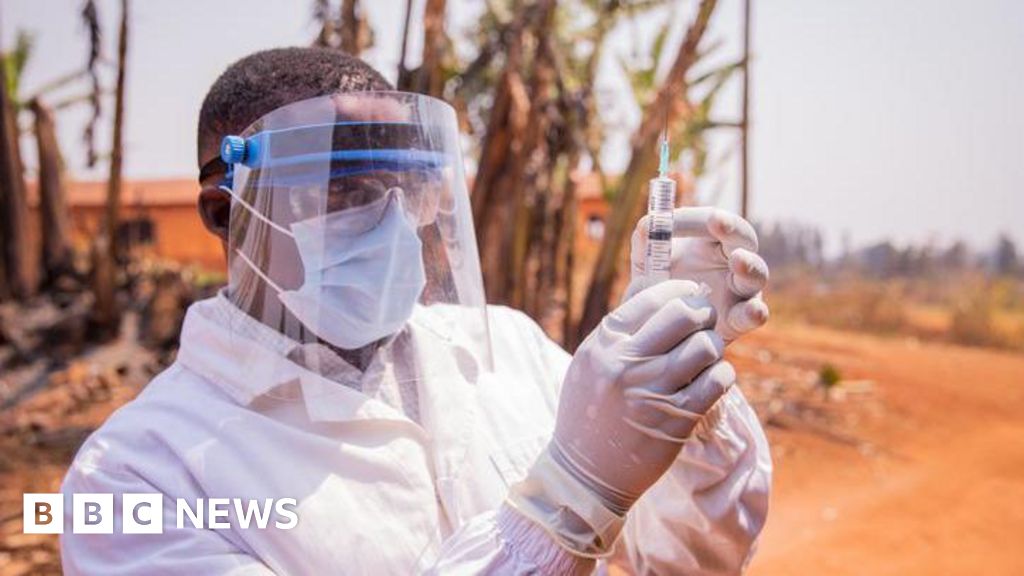Vaccinations: A Lifeline Against Deadly Diseases
How Vaccines Are Transforming Disease Control
Vaccines have long been recognized as one of the most effective measures for controlling and eliminating infectious diseases. A recent study published by BBC outlines the astounding impact of vaccination efforts in mitigating outbreaks from five major diseases. The research sheds light on how these interventions have managed to slash death rates by 60% over two decades.

The Five Major Diseases Targeted
The study's focus was primarily on diseases that represent a significant threat to global health. They include:
- Measles
- Yellow Fever
- Cholera
- Meningitis
- Ebola
"Vaccines are the tugboats of preventive health." — William Foege
Often considered a cornerstone of modern medicine, vaccines not only save lives but also bolster economies by reducing healthcare costs associated with treating infectious diseases. This ripple effect improves the quality of life on a global scale.
The Implementation of Emergency Vaccination Programs
The emergency rollouts described in the study were carried out under challenging conditions during outbreaks. Fast-tracked vaccination programs require swift organization and distribution, often in regions with limited access to healthcare resources. The success of these programs highlights the incredible logistics and dedication of global health organizations.
Public Perception and Vaccine Impact
This study may also help change the narrative around vaccination, suggesting a significant reduction in both mortality and infection rates. As public health officials emphasize, the data strongly supports the efficacy of vaccines in controlling, if not eradicating, life-threatening diseases.
For a broader understanding, the report is complemented by YouTube video series and interviews with leading experts that provide further insights into the significance of such programmes.
The Role of Technology in Vaccine Development
Advancements in technology have also been pivotal in improving vaccine efficacy and distribution. Innovations in genetic engineering enable the rapid development of vaccines tailored to combat emergent strains of viruses and bacteria. Companies such as those developing next-gen vaccine technologies are driving this momentum, showcasing the potential to expedite immunization strategies worldwide.
Future Prospects
Looking forward, the continued investment in and development of vaccination programs remains essential. The collaborative efforts among governments, healthcare providers, and pharmaceutical companies serve as a model for future global health initiatives aimed at disease eradication.
For more insights, follow renowned public health leaders on platforms like Twitter and LinkedIn, who frequently discuss vaccine-related issues.
